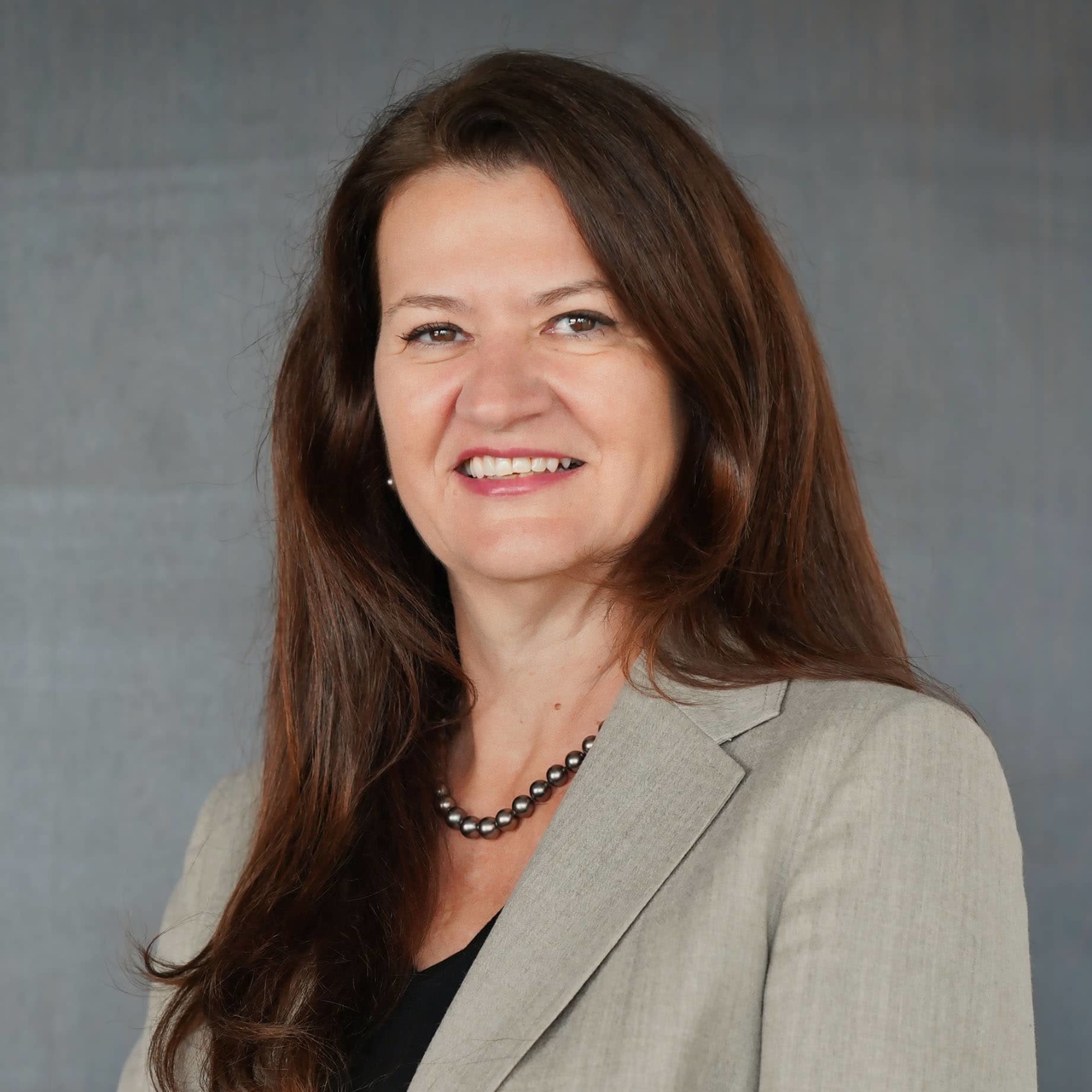
The GNZCC takes part in various international projects funded by the German Energy Solutions Initiatives and other German Ministries.
These projects are intended to promote trade, international collaboration, and mutual learning between our two nations. Finally, the projects help to introduce German technology and skills to key areas identified in New Zealand. Through the projects, we promote foreign trade and investment, and our members have the opportunity to find potential new business partners and future collaborations.
More info about our current projects
Target Market Information – Pacific Islands
Latest News
If you have any questions or would like more information, don't hesitate to reach out to us.
-
Iris Heinz
Interim Chief Executive Officer; Head of DEInternational, Projects & Services
+64 9 304 0707 iheinz@germantrade.co.nz













